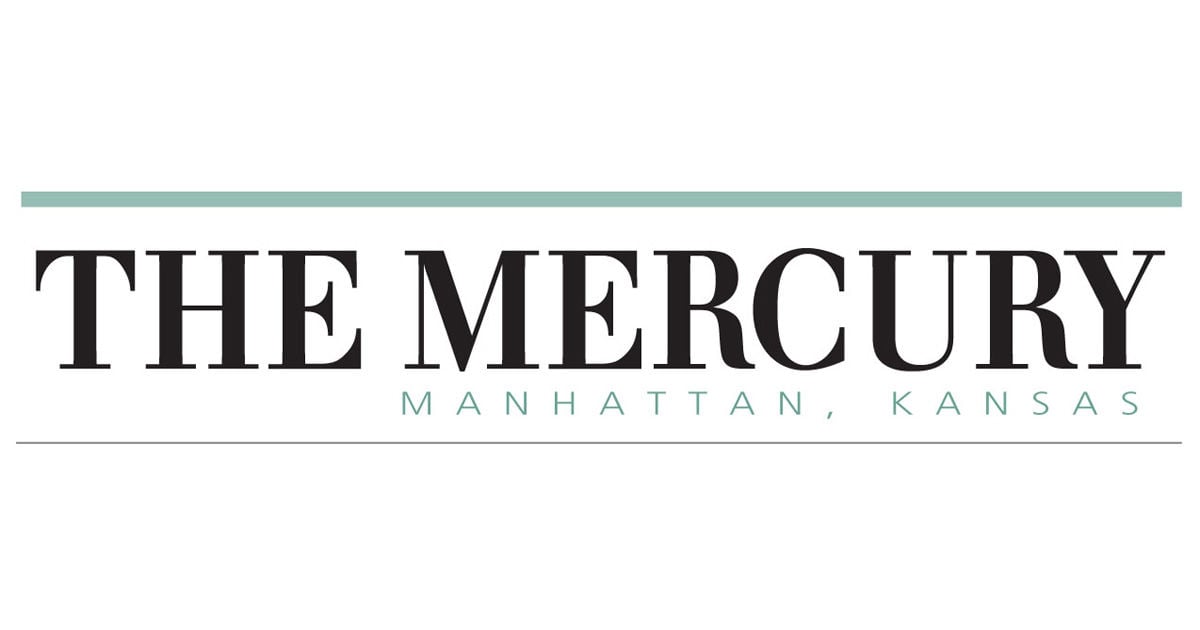President Donald Trump’s idea to import beef from Argentina to cut consumer costs has sparked a backlash in Kansas, a state where cattle is a cornerstone of the economy. The Kansas Farm Bureau, representing over 100,000 farmers and ranchers, cautions that the move could disrupt local production and jeopardize farmers’ livelihoods.
Kansas Farm Bureau, others push back on Trump proposal to import beef from Argentina

Key Takeaways:
- President Trump has proposed importing Argentine beef to lower prices.
- Kansas Farm Bureau, with over 100,000 members, stands firmly against the plan.
- Producers fear a negative impact on Kansas’s vital cattle industry.
- The tension reflects deeper concerns about trade and tariffs in agriculture.
- The debate underscores balancing lower consumer costs with protecting domestic farms.
Background
President Donald Trump recently suggested importing beef from Argentina as a way to reduce consumer costs. The announcement drew immediate criticism from the Kansas Farm Bureau, a group that represents more than 100,000 farmers and ranchers across the state. Kansas, known for its substantial cattle and ranching operations, is particularly attentive to policies that might alter beef prices and supply.
Kansas Farm Bureau’s Position
Founded to protect and advance the interests of local agriculture, the Kansas Farm Bureau has made it clear that any plan to import more beef threatens the stability of domestic ranchers. The organization warns that a surge of cheaper Argentine imports could drive down prices for American producers, risking long-term damage to local economies. Members argue that Kansas ranchers, already facing fluctuating market conditions, cannot afford additional volatility.
Potential Effects on the Local Economy
Kansas is a key player in the national beef industry, and any change in trade policy reverberates through its agriculture-dependent communities. A sudden influx of Argentine beef, farmers say, could shake the state’s delicate balance between supply and demand. While the proposal aims to benefit shoppers, Kansas producers worry about losing market share and cutting into their already narrow profit margins.
Consumer Costs vs. Producer Interests
The heart of the debate lies in balancing the desire for lower prices at the grocery store with the need to protect domestic production. One side highlights potential savings for consumers; the other raises alarms about safeguarding a crucial sector of the U.S. agricultural economy. As the conversation unfolds, Kansas ranchers and industry officials continue to pressure the administration to reconsider the scope and scale of any foreign imports.
Looking Ahead
Though the idea remains in its early stages, the response from Kansas leaders indicates a contentious path forward. For many on the ground, the stakes couldn’t be higher: The decision could determine the future resilience of local ranching, the stability of American beef markets, and how the nation balances global trade with domestic security.











